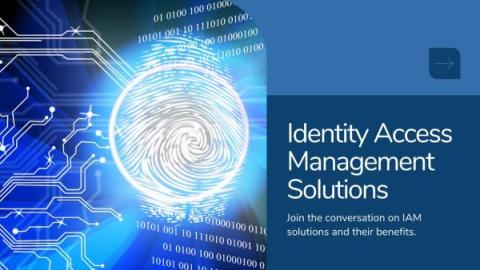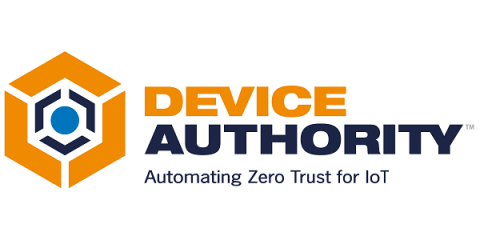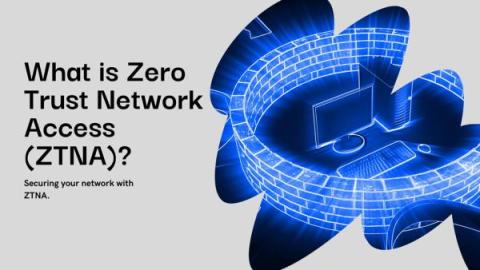The world needs start-ups to meet IoT security challenges
I read this article earlier this week from Jeff Vance and I was buoyed by the refreshing reflection of reality – Jeff really hits the nail on the head. As the CEO of a cyber security start up, we see, hear, and feel these points daily and the fact is that so many larger security or network businesses claim to solve problems that they cannot. Not only is this doing a disservice to customers but to the wider security landscape. Let’s explore this further…





